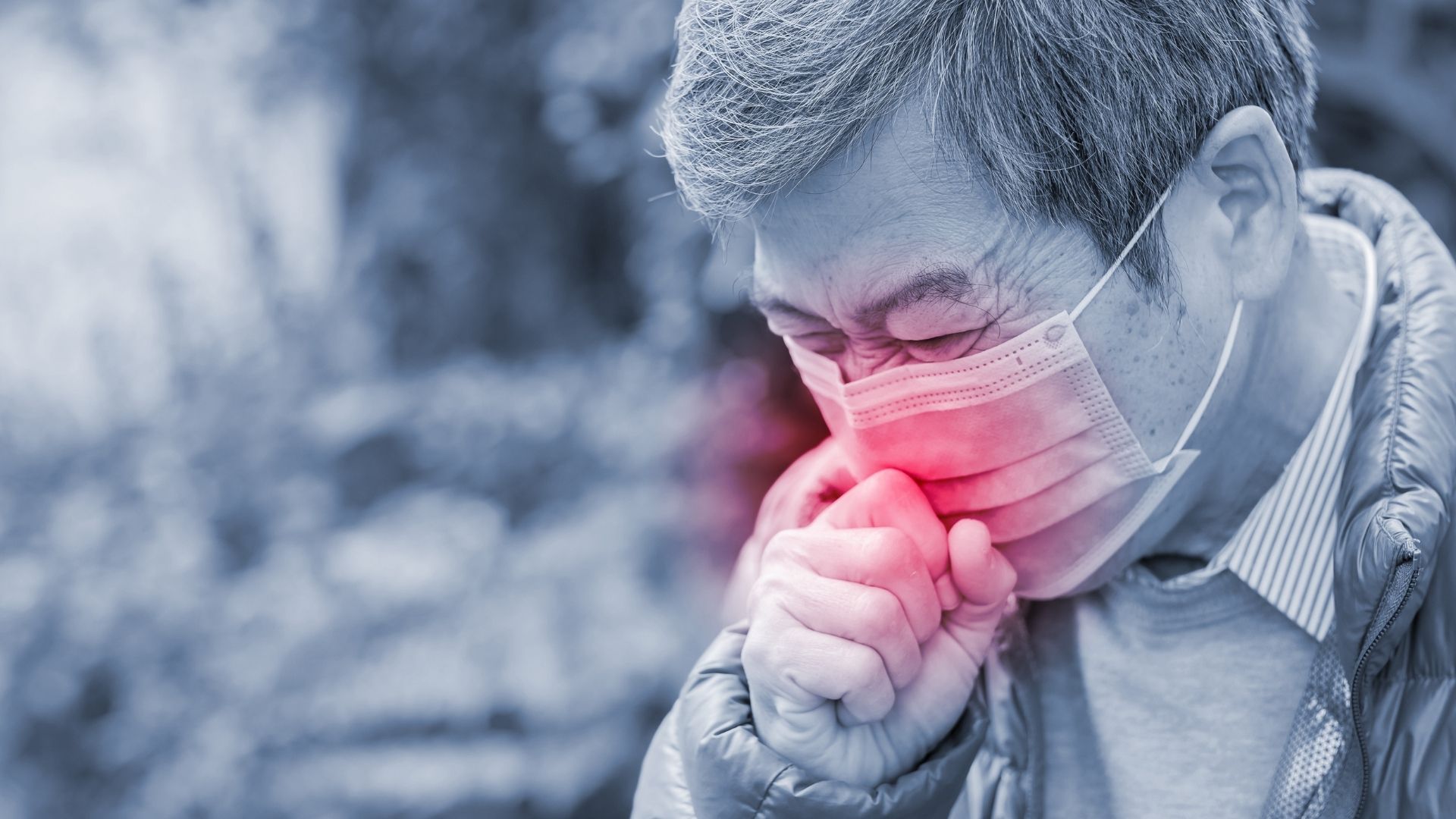Food allergies can feel overwhelming, causing discomfort and even serious reactions like swelling, difficulty breathing, or stomach pain. Understanding your symptoms is essential. With telemedicine services like DoctorTora, you can quickly get compassionate, personalized advice and treatment plans, helping you manage allergies confidently and comfortably every day.
Symptoms, Causes, and Treatment
Introduction
Food allergies are a growing concern worldwide, affecting both children and adults. A food allergy occurs when the body’s immune system mistakenly identifies certain foods as harmful and reacts against them. These reactions can range from mild discomfort to severe, life-threatening symptoms.
With telemedicine services like DoctorTora, you can quickly consult a doctor to manage food allergies effectively. This article provides an in-depth guide to understanding food allergies, their symptoms, causes, treatment, and when to seek help.
What is Food Allergy?
A food allergy is an immune system response triggered by specific proteins in certain foods. When someone with a food allergy consumes the allergenic food, their immune system releases chemicals like histamine, causing symptoms that can affect the skin, digestive system, respiratory system, or cardiovascular system.
Food allergies are different from food intolerances, which typically involve digestive issues and do not engage the immune system.
Common Symptoms and Causes of Food Allergy
Symptoms
Food allergy symptoms can appear within minutes to a few hours after consuming the allergenic food. Common symptoms include:
- Skin reactions: Hives, itching, or swelling.
- Digestive symptoms: Nausea, vomiting, abdominal pain, or diarrhea.
- Respiratory symptoms: Sneezing, nasal congestion, coughing, or difficulty breathing.
- Tingling or swelling in the lips, tongue, or throat.
- Anaphylaxis: A severe, life-threatening reaction causing difficulty breathing, low blood pressure, and loss of consciousness.
Causes
Food allergies occur when the immune system overreacts to certain proteins in foods. Common triggers include:
- Milk: Particularly in children.
- Eggs.
- Peanuts and tree nuts (e.g., almonds, cashews, walnuts).
- Shellfish (e.g., shrimp, lobster).
- Fish.
- Wheat.
- Soy.
Risk factors for developing food allergies include genetics, age (more common in children), and having other allergic conditions such as asthma or eczema.
How is Food Allergy Diagnosed?
Diagnosing a food allergy involves evaluating symptoms, medical history, and conducting specific tests.
Steps in Diagnosis
- Medical history: A doctor will ask about symptoms, their timing, and the suspected food triggers.
- Elimination diet: Removing suspected foods from the diet to observe symptom changes.
- Skin prick test: A small amount of allergen is placed on the skin to check for a reaction.
- Blood test: Measures the presence of immunoglobulin E (IgE) antibodies specific to allergens.
- Oral food challenge: Performed under medical supervision, the patient consumes the suspected allergen in increasing amounts to confirm the diagnosis.
With DoctorTora, you can discuss your symptoms with a doctor and receive guidance on whether in-person allergy testing is necessary.
How is Food Allergy Treated?
Medications
There is no cure for food allergies, but treatments focus on managing symptoms and preventing severe reactions. Common treatments include:
- Antihistamines: To relieve mild symptoms such as itching or hives.
- Epinephrine auto-injectors: For severe reactions like anaphylaxis. These must be carried at all times if prescribed.
- Bronchodilators: For breathing difficulties, particularly in those with asthma.
Long-term Management
- Avoiding allergens: Reading food labels carefully and avoiding cross-contamination in food preparation.
- Oral immunotherapy: In some cases, small amounts of the allergen are introduced gradually under medical supervision to build tolerance.
Self-Care Instructions for Food Allergy
Managing a food allergy involves being vigilant and prepared. Here are some self-care tips:
- Read food labels carefully: Look for allergen warnings and avoid foods with unclear ingredients.
- Communicate with restaurants: Inform staff about your allergy and ask about food preparation methods.
- Carry medications: Always have antihistamines or an epinephrine auto-injector if prescribed.
- Educate family and friends: Ensure those around you understand how to help during an allergic reaction.
- Wear a medical alert bracelet: This can provide critical information in case of an emergency.
When to Seek Care with Telemedicine for Food Allergy?
Telemedicine can provide quick and effective support for managing mild to moderate food allergies or getting a personalized action plan.
Steps to Seek Telemedicine Care:
- Download the DoctorTora app from the App Store or Google Play
- Select “Other” under symptoms on the home screen.
- Queue for an immediate consultation or book an appointment for a convenient time.
- Receive a consultation report with a detailed treatment plan and a prescription if necessary.
DoctorTora allows you to discuss symptoms with a licensed doctor, receive guidance on managing your allergy, and determine if additional testing is needed.
When to Seek Urgent Care at a Physical Hospital for Food Allergy?
Certain food allergy symptoms require immediate medical attention. Call emergency services or go to the nearest hospital if you experience:
- Difficulty breathing or wheezing.
- Swelling in the throat or tongue.
- Severe abdominal pain or vomiting.
- Low blood pressure or fainting.
- Signs of anaphylaxis, such as confusion or loss of consciousness.
Even if symptoms improve after using an epinephrine auto-injector, always seek emergency care to ensure the reaction is fully managed.
FAQ
- Can food allergies develop later in life?
Yes, while food allergies are more common in children, adults can develop them too. - Are food allergies genetic?
Family history of allergies increases the risk, but the exact causes involve a combination of genetic and environmental factors. - Is there a cure for food allergies?
Currently, there is no cure, but treatments like oral immunotherapy may help some individuals build tolerance over time.
Related Articles
Explore more helpful resources on our website:
- Pollen Allergy: Symptoms and Management
- Anaphylactic Shock: Recognizing and Treating Severe Allergies
- Eczema: Managing Skin Reactions



